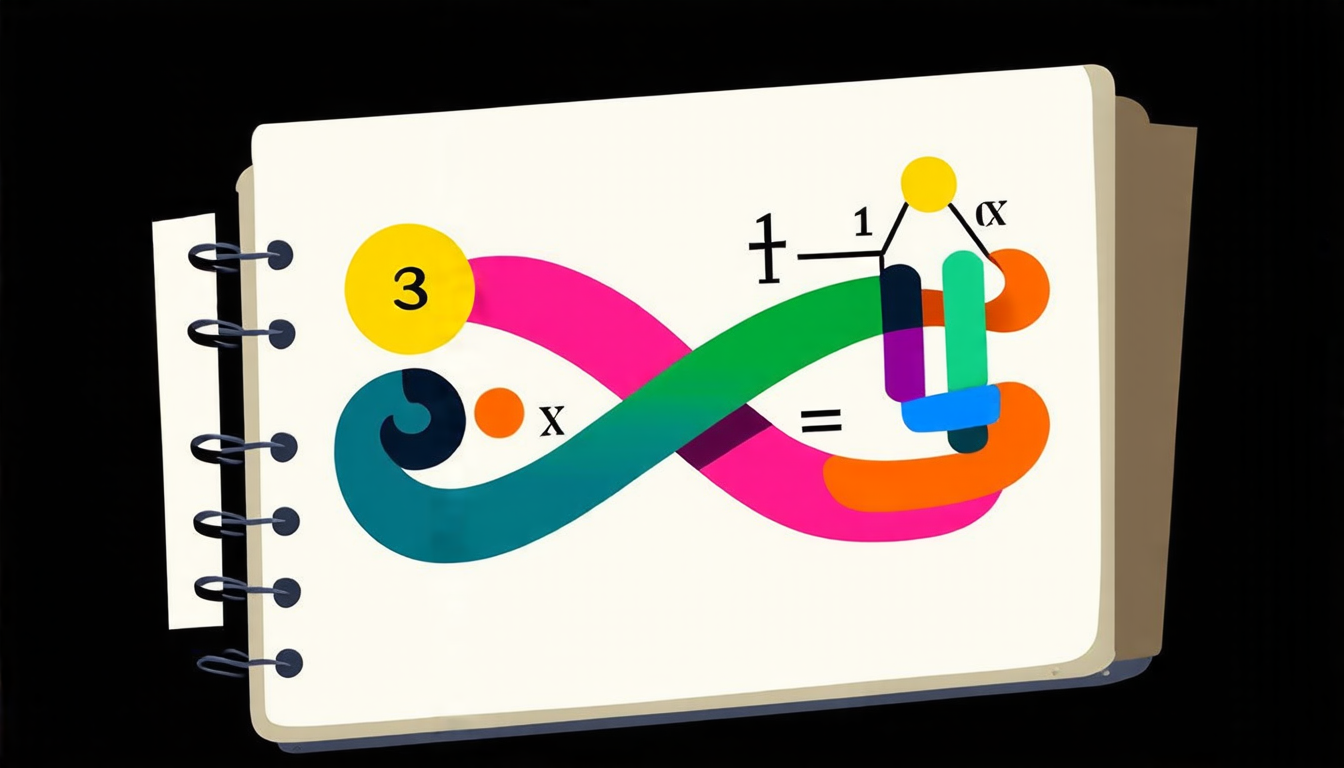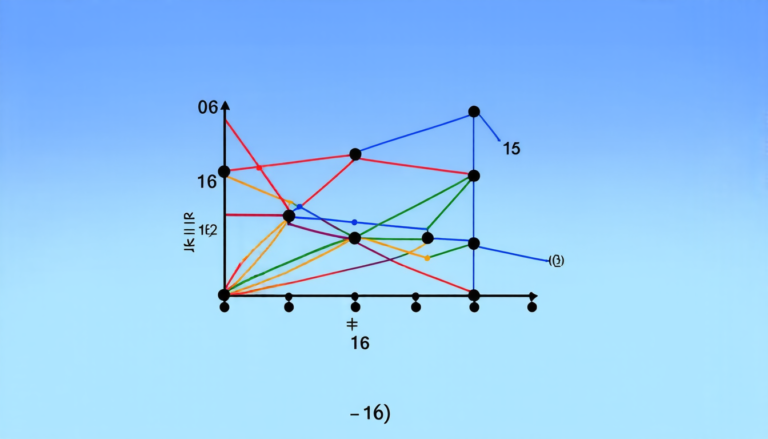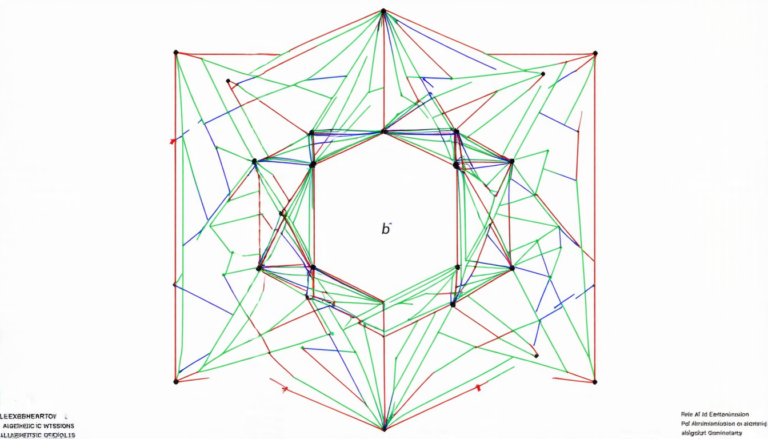Friday 28 March 2025
Mathematicians have made a breakthrough in understanding how to test whether an infinite series of numbers converges or diverges, opening up new possibilities for solving complex problems in fields such as physics and engineering.
The concept of convergence is crucial in mathematics. It determines whether a series of numbers, like the sum of infinite terms, eventually reaches a fixed value or grows without bound. The problem is that existing tests for convergence are often cumbersome and limited, making it difficult to determine the fate of a given series.
Now, researchers have developed new generalizations of two classic tests: the logarithmic convergence test and Schlomilch’s test. These tests are more powerful and flexible than their predecessors, allowing mathematicians to tackle a wider range of problems.
One of the key innovations is the introduction of a new function, lambda(k)(n), which captures the essence of the series’ behavior. By analyzing this function, mathematicians can determine whether the series converges or diverges, and even pinpoint the exact point at which it does so.
The logarithmic convergence test has been particularly fruitful in this regard. It’s based on the idea that a series will converge if its terms decrease rapidly enough as they approach infinity. The new generalization takes this concept to the next level by incorporating more nuanced information about the series’ behavior.
Schlomilch’s test, on the other hand, is based on the ratio of consecutive terms in the series. By examining how these ratios behave, mathematicians can infer whether the series converges or diverges. The new generalization extends this approach to include more complex relationships between the terms.
These advances have far-reaching implications for various fields. Physicists, for example, may use the new tests to analyze the behavior of complex systems, such as quantum mechanics or black holes. Engineers can apply them to optimize the performance of systems like electronic circuits or mechanical structures.
The beauty of these new tests lies in their simplicity and versatility. They require minimal assumptions about the series’ behavior, making them applicable to a wide range of problems. This makes them an invaluable tool for mathematicians working in diverse areas, from number theory to signal processing.
While these breakthroughs may seem abstract, they have real-world implications that could revolutionize our understanding of complex systems and phenomena. By developing more powerful tools for analyzing infinite series, mathematicians are poised to unlock new secrets of the universe and push the boundaries of human knowledge.
Cite this article: “Mathematical Breakthroughs Unlock New Possibilities in Convergence Testing”, The Science Archive, 2025.
Mathematics, Infinity, Series, Convergence, Divergence, Physics, Engineering, Problem-Solving, Complex Systems, Mathematical Analysis







